BAE Systems have announced a new generation of space computer.
Radiation hardening is making electronic components and systems resistant to damage or malfunctions caused by ionising radiation types such as those encountered in space and high-altitude flight
The new RAD5545 single-board computer provides next-generation spacecraft with ‘the high-performance onboard processing capacity needed to support future space missions’ — from weather and planetary exploration to communications, surveillance, tracking, and national security missions.
BAE say the RAD5545 SBC delivers exponential improvements in size, speed, and power-efficiency over its proven predecessor, the RAD750 SBC.
“We’ve been delivering radiation-hardened components for almost three decades, and our customers have come to trust the performance, reliability, and longevity of our technology,” said Dave Rea, director of On-board Processing and Advanced Technology at BAE Systems.
“The RAD5545 SBC is the next step in the evolution of space computers. It’s the most technologically advanced radiation-hardened, general-purpose processor for space applications.”
According to their website:
“A single RAD5545 SBC replaces multiple cards on previous generations of spacecraft. It combines high performance, large amounts of memory, and fast throughput to improve spacecraft capability, efficiency, and mission performance. With its improved computational throughput, storage, and bandwidth, it will provide spacecraft with the ability to conduct new missions, including those requiring encryption processing, multiple operating systems, ultra high-resolution image processing, autonomous operation, and simultaneous support for multiple payloads — missions that were impossible with previous single-board computers.”
The RAD5545 SBC is produced at the company’s facility in Manassas, Virginia. The facility is a US Department of Defense Category 1A Microelectronics Trusted Source.
Category 1A means the company is a trusted supplier of foundry microelectronics goods and services to the Department of Defense.


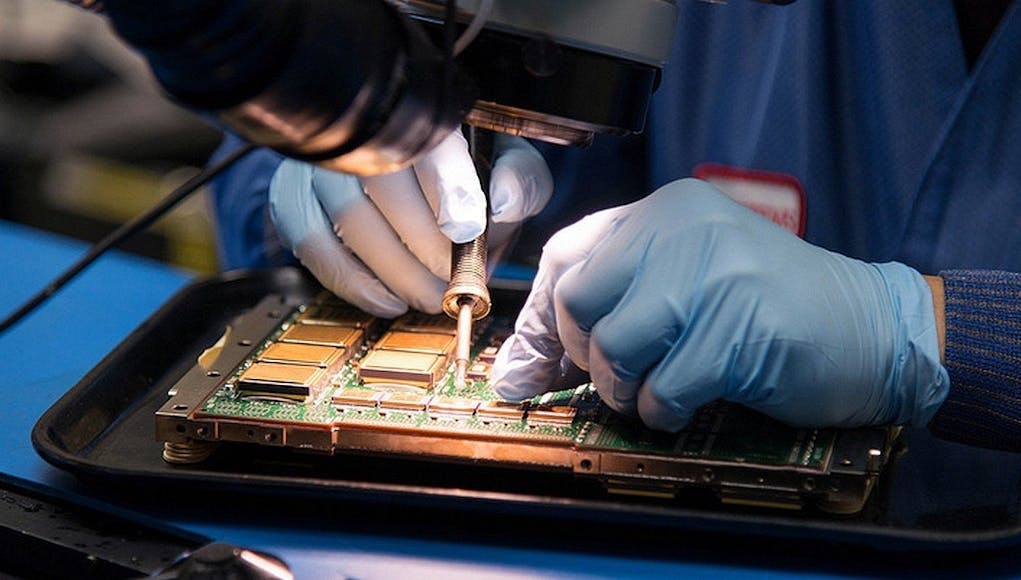
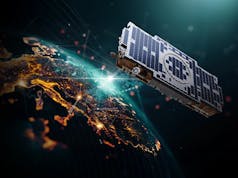
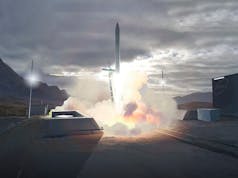


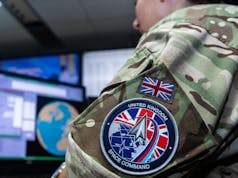
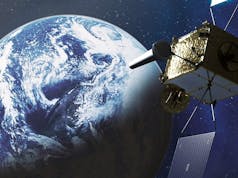

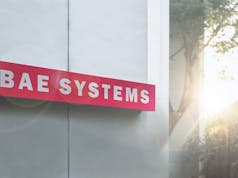

It would be interesting to know roughly what the actual performance increase is over the previous generation – “… delivers exponential improvements in size, speed, and power-efficiency over its proven predecessor” doesn’t exactly tell us much. It would also be interesting to know how the latest stuff compares with a typical high-end mobile phone, tablet and various laptops in terms of CPU performance and RAM capacity. I seem to remember that the gap between latest generation radiation-hardened stuff and the stuff on the shelves of PC World used to be pretty significant, at least 5 years behind in performance terms if not more. I wonder whether more sophisticated design tools and production techniques have enabled them to reduce that differential in performance of hardened vs consumer technology.
I suspect we’ll soon be hitting (or have already hit) a limit here where hardened stuff can’t continue to track consumer stuff since the smaller geometries being used for consumer CPUs now are getting more and more susceptible to radiation interference which isn’t an issue on earth but certainly is in orbit.